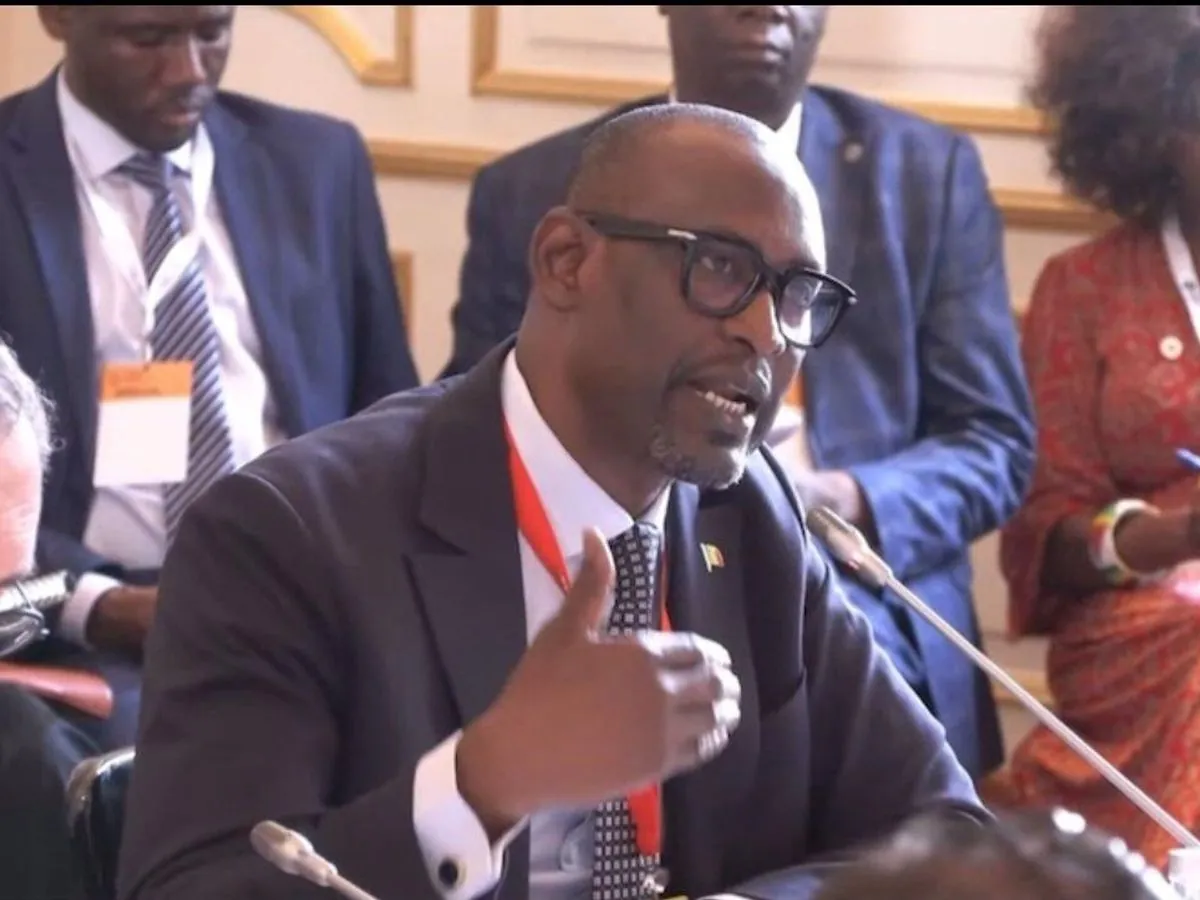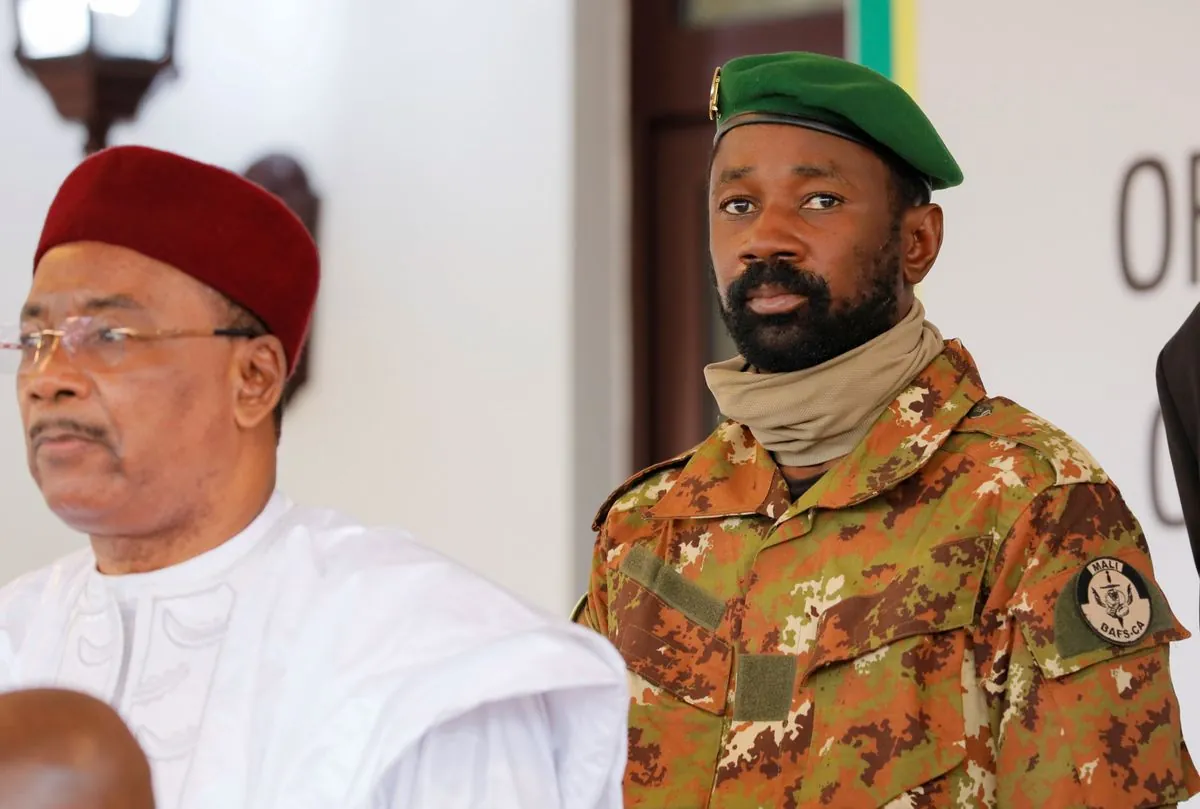Mali Expels Swedish Ambassador Amid Diplomatic Tensions
Mali orders Swedish ambassador to depart within 72 hours following controversial statement. Sweden plans to phase out aid to Mali in 2024 amid strained relations with the West.

In a recent diplomatic development, the government of Mali has instructed the Swedish ambassador to depart the country within 72 hours. This decision comes in response to what Malian authorities describe as a hostile statement made by a Swedish minister.
The expulsion of Ambassador Kristina Kuhnel follows Mali's recent severance of diplomatic ties with Ukraine. This action prompted Johan Forssell, Sweden's minister for international cooperation and trade, to comment on social media platform X:
"You can't support Russia's illegal war of aggression against Ukraine and at the same time receive several hundred million kronor each year in development aid. The government has therefore decided to phase out Sweden's bilateral aid strategy with Mali in 2024."
This statement appears to have further strained the already tense relations between Mali and Western nations. The West African country, which gained independence from France in 1960, has experienced a deterioration in its relationships with Western countries since a military junta seized power in 2020, followed by another coup in 2021.

In January 2024, the Swedish government announced its decision to terminate development aid to Mali by the end of the year. Over the past decade, Sweden has provided more than $330 million in assistance to this landlocked nation, which is the eighth-largest country in Africa and home to approximately 20 million people.
The expulsion of the Swedish ambassador is not an isolated incident. In 2022, Mali ordered the departure of French Ambassador Joel Meyer and Olivier Salgado, the spokesman for the UN peacekeeping mission.
Despite these diplomatic challenges, Mali remains a country rich in history and culture. It was once part of three West African empires that controlled trans-Saharan trade, and the historic city of Timbuktu was a renowned center of Islamic learning. Today, Mali is known for its diverse ethnic groups, including the Bambara, Fulani, and Tuareg, as well as its vibrant musical traditions.
The country's economy primarily revolves around agriculture and mining, with Mali being Africa's third-largest gold producer. However, it also faces significant challenges, including ongoing conflicts, desertification, and the need for sustainable development.
As diplomatic tensions continue to unfold, the international community watches closely to see how these events will impact Mali's future and its relationships with global partners.


































